|
|
|
|---|
| ผู้ผลิต | Jaipur Literature Festival |
| วิทยากร/ผู้แสดง | Himanshu Prabha Ray & Andrea Acri with William Dalrymple |
| เรื่องย่อ |
Between the 4th and the 8th centuries, large swathes of South East Asia took on the Hindu and Buddhist religions, Sanskrit as a court and sacred language, and Indic-influenced forms of art and architecture and ways of living. Two leading experts discuss how and why this happened and ask if the influence was entirely one way.
Himanshu Prabha Ray is an author and historian. Her recent books include Coastal Shrines and Transnational Maritime Networks across India and Southeast Asia; Hinduism in Practice: The Temple in History; and she co-edited Power, Presence and Space: South Asian Rituals in Archaeological Context. She is a Fellow at Oxford Centre for Hindu Studies.
Andrea Acri holds the chair of Tantric Studies at the École Pratique des Hautes Études in Paris. He was a faculty member of the research and higher education institutions in India, Singapore, Australia, and the Netherlands. His main research interests are Śaiva and Buddhist Tantric traditions, and the comparative religious history of South and Southeast Asia, with special emphasis on connected histories and intra-Asian maritime transfers.
William Dalrymple is one of Britain’s great historians and the bestselling author of the Wolfson Prize-winning White Mughals, The Last Mughal, which won the Duff Cooper Prize, and the Hemingway and Kapuściński Prize-winning Return of a King. His most recent book, The Anarchy, was long listed for the Baillie Gifford Prize 2019, among others. A frequent broadcaster, he has written and presented three television series, one of which won the Grierson Award for Best Documentary Series at BAFTA. He is a fellow of the Royal Society of Literature, the Royal Asiatic Society and the Royal Society of Edinburgh, and writes regularly for The New York Review of Books, The New Yorker, and The Guardian. In 2018, he was presented with the prestigious President’s Medal by the British Academy for his outstanding literary achievement and for co-founding the Jaipur Literature Festival. |
| ความยาว | 50:01 นาที |
| คำสำคัญ/ป้ายกำกับ | การค้าทางทะเล พุทธศาสนา ศาสนาพราหมณ์-ฮินดู คาบสมุทรมลายู เอเชียตะวันออกเฉียงใต้ ประเทศอินเดีย สมัยประวัติศาสตร์ตอนต้น Indianisation ปยู ศรีเกษตร ช่องแคบมะละกา การข้ามคาบสมุทร อ่าวเบงกอล |
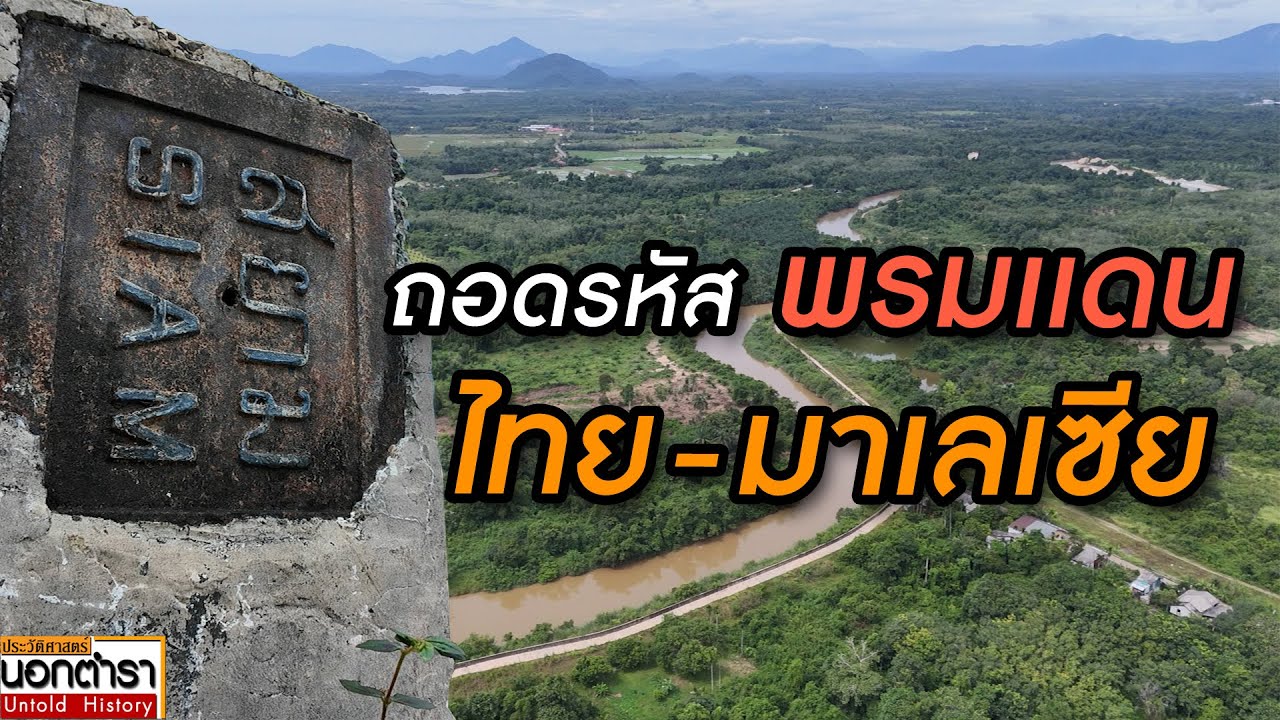
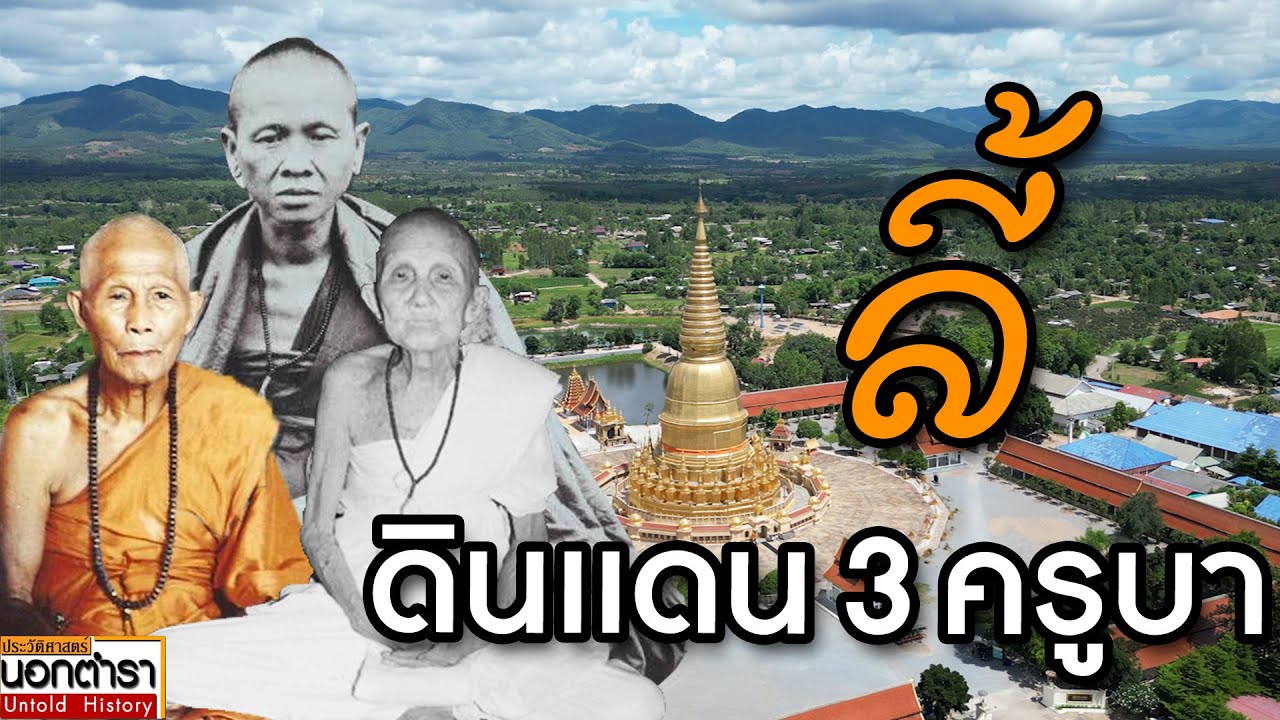
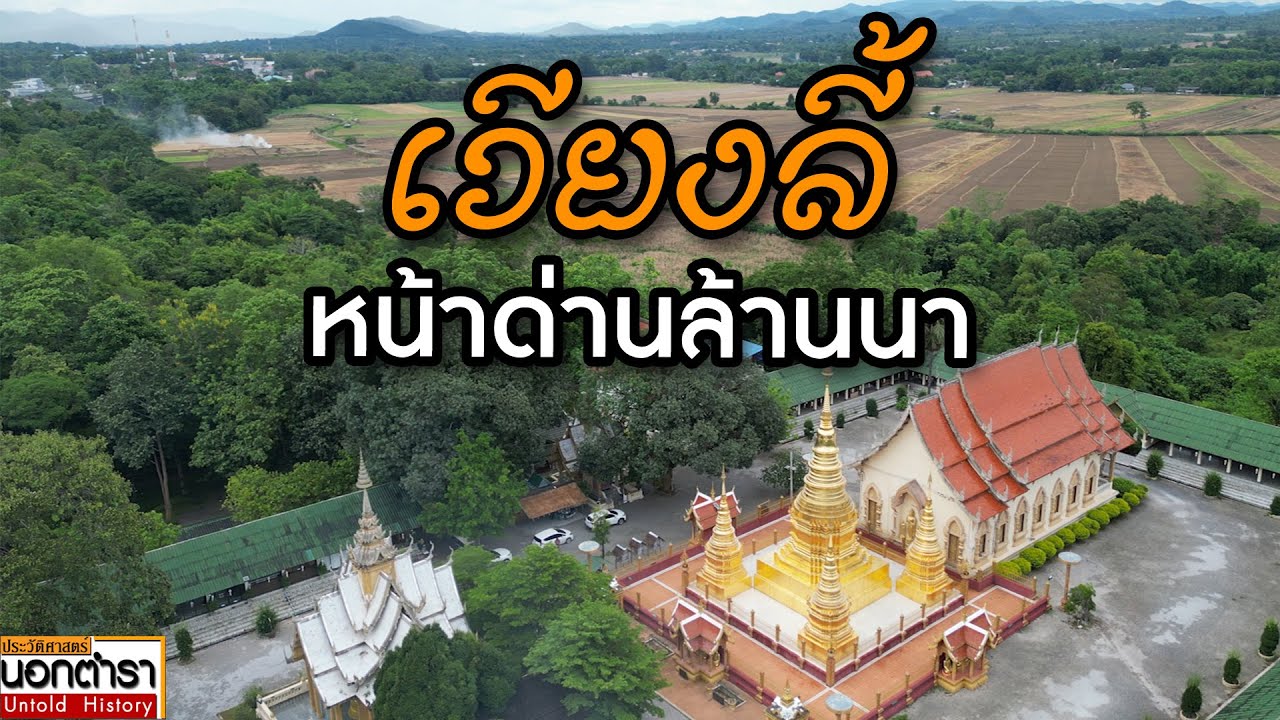
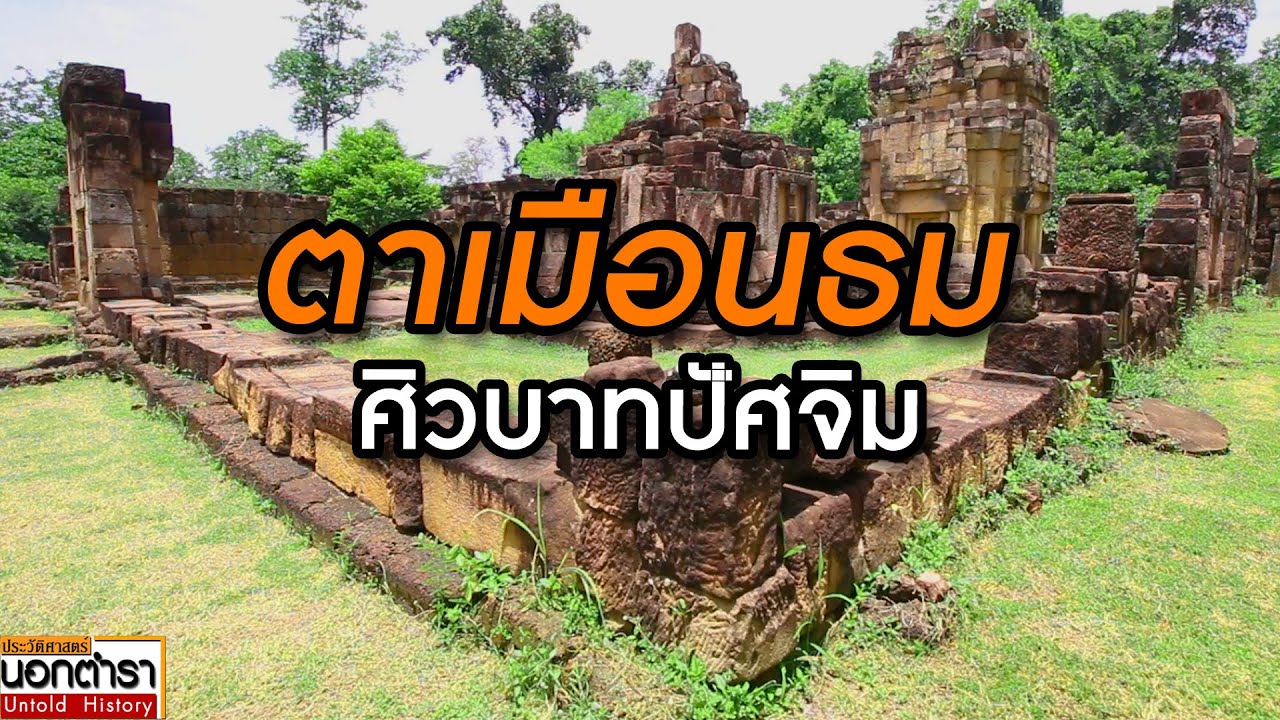
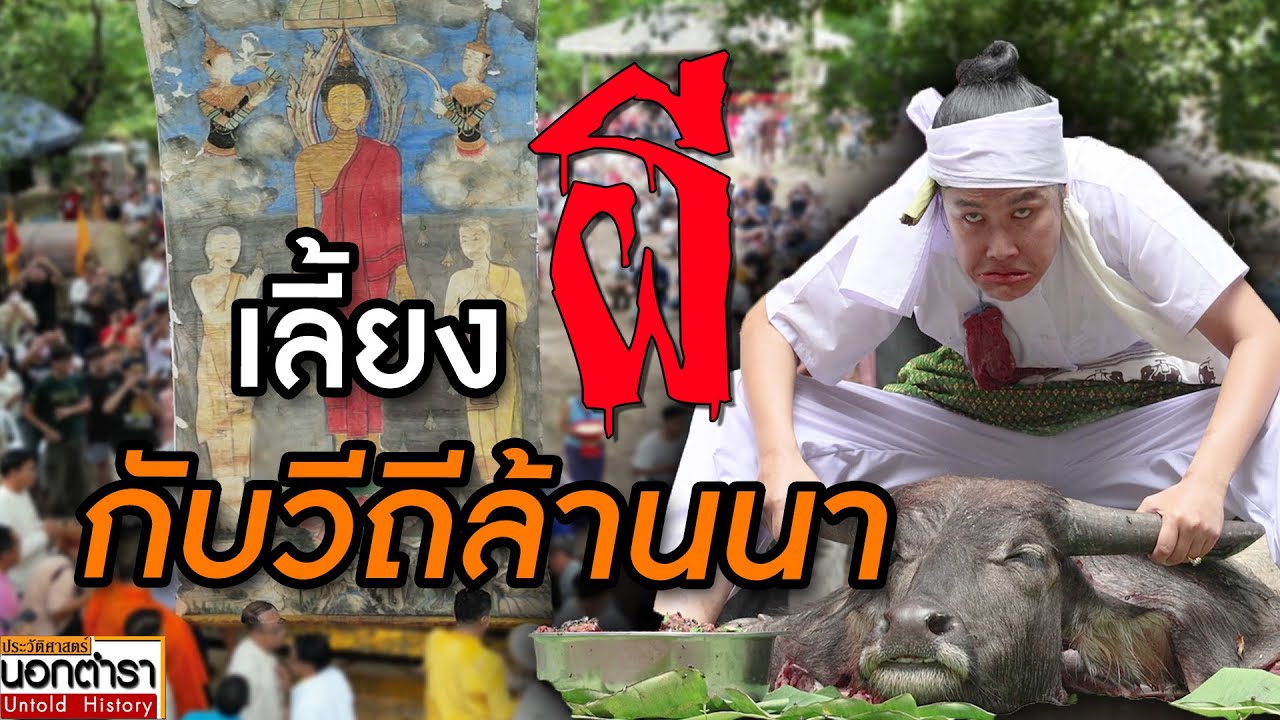
Between the 4th and the 8th centuries, large swathes of South East Asia took on the Hindu and Buddhist religions, Sanskrit as a court and sacred language, and Indic-influenced forms of art and architecture and ways of living. Two leading experts discuss how and why this happened and ask if the influence was entirely one way.
Himanshu Prabha Ray is an author and historian. Her recent books include Coastal Shrines and Transnational Maritime Networks across India and Southeast Asia; Hinduism in Practice: The Temple in History; and she co-edited Power, Presence and Space: South Asian Rituals in Archaeological Context. She is a Fellow at Oxford Centre for Hindu Studies.
Andrea Acri holds the chair of Tantric Studies at the École Pratique des Hautes Études in Paris. He was a faculty member of the research and higher education institutions in India, Singapore, Australia, and the Netherlands. His main research interests are Śaiva and Buddhist Tantric traditions, and the comparative religious history of South and Southeast Asia, with special emphasis on connected histories and intra-Asian maritime transfers.
William Dalrymple is one of Britain’s great historians and the bestselling author of the Wolfson Prize-winning White Mughals, The Last Mughal, which won the Duff Cooper Prize, and the Hemingway and Kapuściński Prize-winning Return of a King. His most recent book, The Anarchy, was long listed for the Baillie Gifford Prize 2019, among others. A frequent broadcaster, he has written and presented three television series, one of which won the Grierson Award for Best Documentary Series at BAFTA. He is a fellow of the Royal Society of Literature, the Royal Asiatic Society and the Royal Society of Edinburgh, and writes regularly for The New York Review of Books, The New Yorker, and The Guardian. In 2018, he was presented with the prestigious President’s Medal by the British Academy for his outstanding literary achievement and for co-founding the Jaipur Literature Festival.